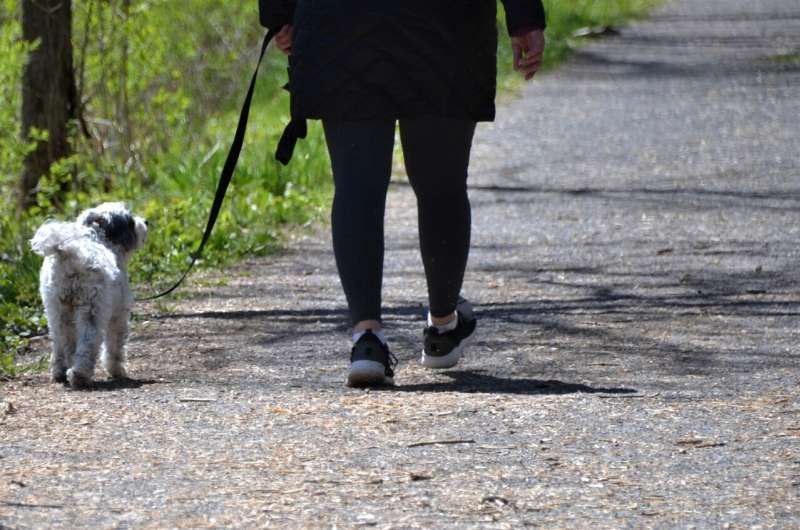Small Walking Technique Adjustments May Aid in Managing Knee Osteoarthritis

Adjusting your walking posture slightly can reduce knee pain and slow osteoarthritis progression. A recent study highlights the benefits of personalized gait retraining as a non-invasive treatment option.
Recent research indicates that subtle modifications to walking posture can significantly reduce knee pain associated with osteoarthritis and potentially slow disease progression. Gait analysis and pain assessments demonstrate that adjusting the foot angle during walking—whether slightly inward or outward—can decrease stress on the knee joint by up to 4%, according to a study led by researchers from NYU Langone Health, the University of Utah, and Stanford University.
The study involved 68 individuals with mild to moderate knee osteoarthritis. Participants underwent gait assessments in a specialized laboratory, where their walking patterns were analyzed using advanced computer modeling to simulate various foot positions. Two groups were then formed: one received training in walking with their optimized foot angle, while the other continued natural walking patterns.
Results showed that those trained to adopt a specific foot angle experienced a slower degeneration of cartilage in the inner knee part and reported a decrease in pain scores by 2.5 points on a 10-point scale—comparable to the relief provided by over-the-counter pain medications. In contrast, participants who did not alter their gait saw minimal changes in pain levels.
The implications of these findings suggest that personalized gait retraining is a promising, non-invasive approach to managing early-stage osteoarthritis. This technique could potentially delay the need for knee replacement surgery, which is often required when the disease advances. Importantly, traditional pain medication does not address the root causes of osteoarthritis and can have adverse effects over time, including liver, kidney issues, and stomach ulcers.
The study utilized sophisticated gait analysis tools, which are now increasingly accessible through artificial intelligence-based software. Such tools can enable clinicians to perform gait assessments and recommend individualized walking adjustments in a clinical setting, making this intervention both practical and cost-effective.
Future research aims to test the efficacy of smartphone-based AI tools for gait analysis and to evaluate the approach in patients with obesity. The goal is to make personalized walking modifications an easily implementable strategy for broader populations.
These findings highlight the importance of tailored physical therapy in osteoarthritis management and open new avenues for non-pharmacological treatment options. Early intervention through gait optimization could improve quality of life and reduce the long-term health burden associated with osteoarthritis.
Source: https://medicalxpress.com/news/2025-08-small-technique-knee-osteoarthritis.html
Stay Updated with Mia's Feed
Get the latest health & wellness insights delivered straight to your inbox.
Related Articles
The Role of FGF21 Hormone in Reversing Fatty Liver Disease
New research shows that the hormone FGF21 can effectively reverse fatty liver disease by signaling the brain to improve liver health and reduce fibrosis, opening new therapeutic possibilities.
AI Model Forecasts Postoperative Infection Risks to Improve Patient Care
A new AI tool developed at Leiden University can predict the risk of infections in postoperative patients, helping clinicians to provide timely care and improve patient outcomes.
Research Highlights Disparities in Heart and Blood Vessel Procedures Affecting Black Patients and Women
New research highlights significant disparities in heart and blood vessel procedure outcomes for Black patients and women, emphasizing the importance of inclusive cardiovascular care strategies.
Enhancing Human Activity Recognition with Smartwatches Using AI Algorithms
Researchers have developed AI algorithms that enable smartwatches to recognize daily human activities with 78% accuracy, paving the way for advanced health monitoring and personalized care.



